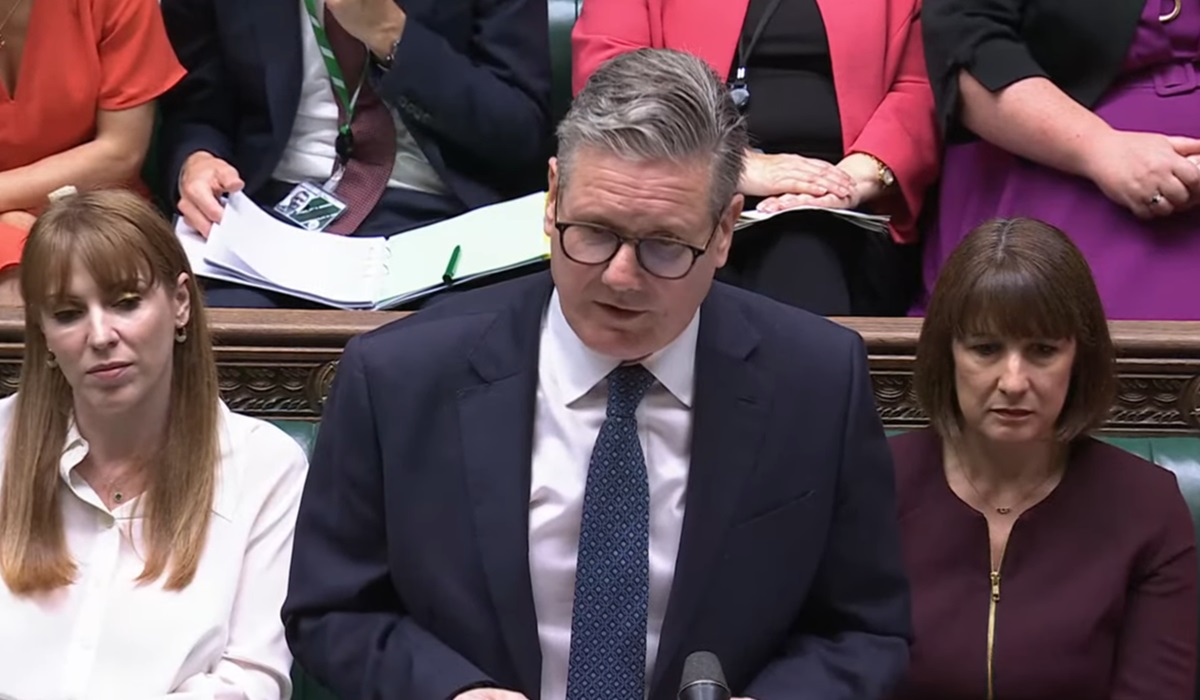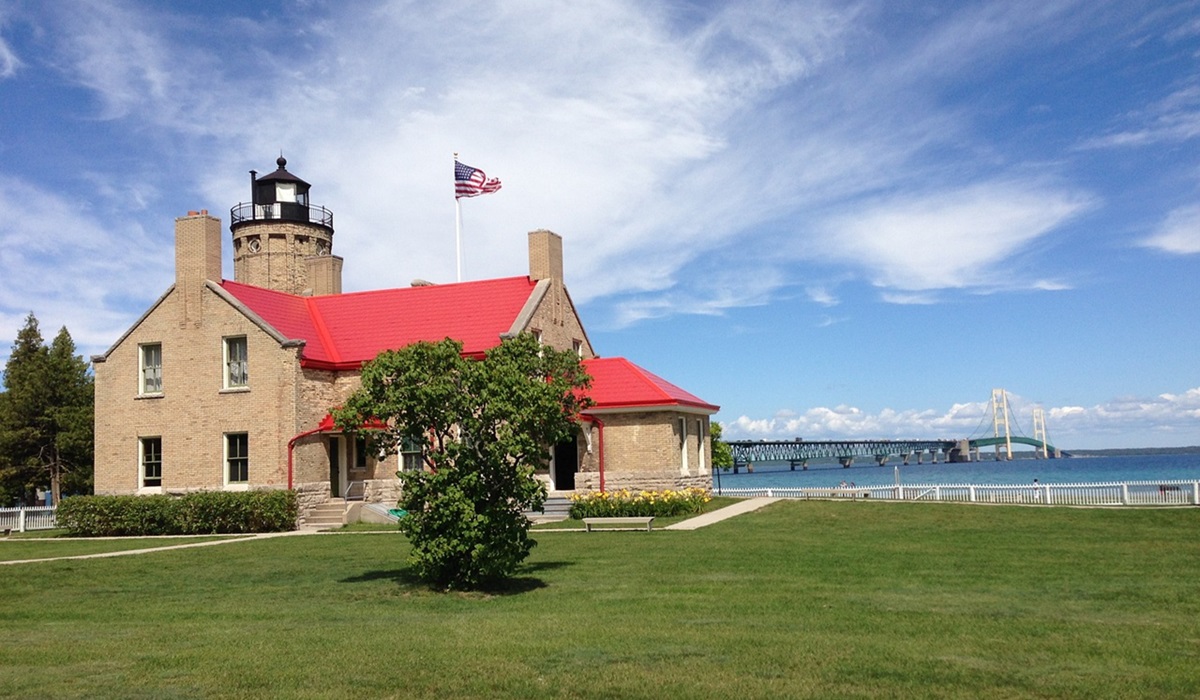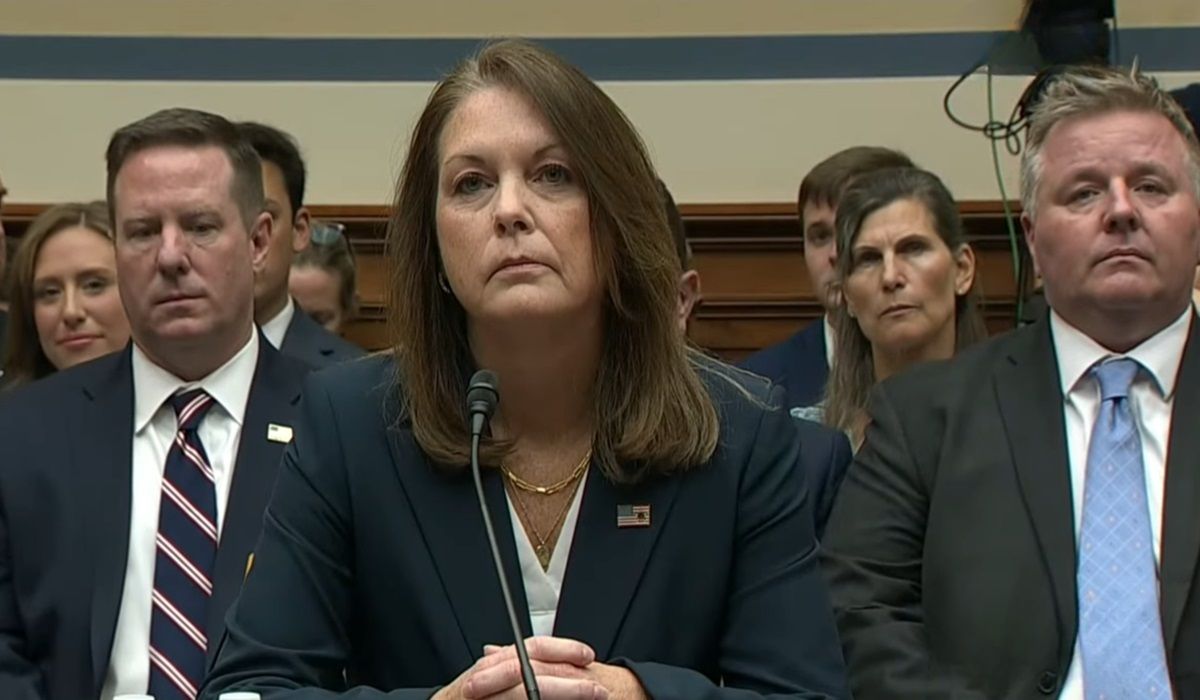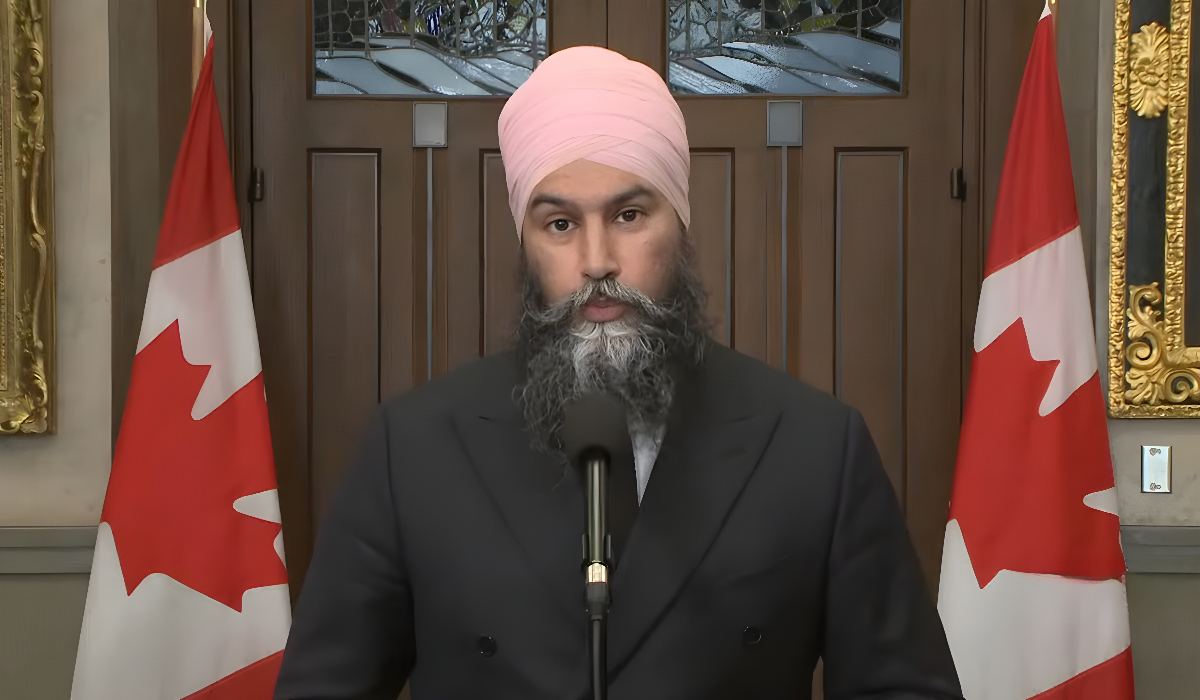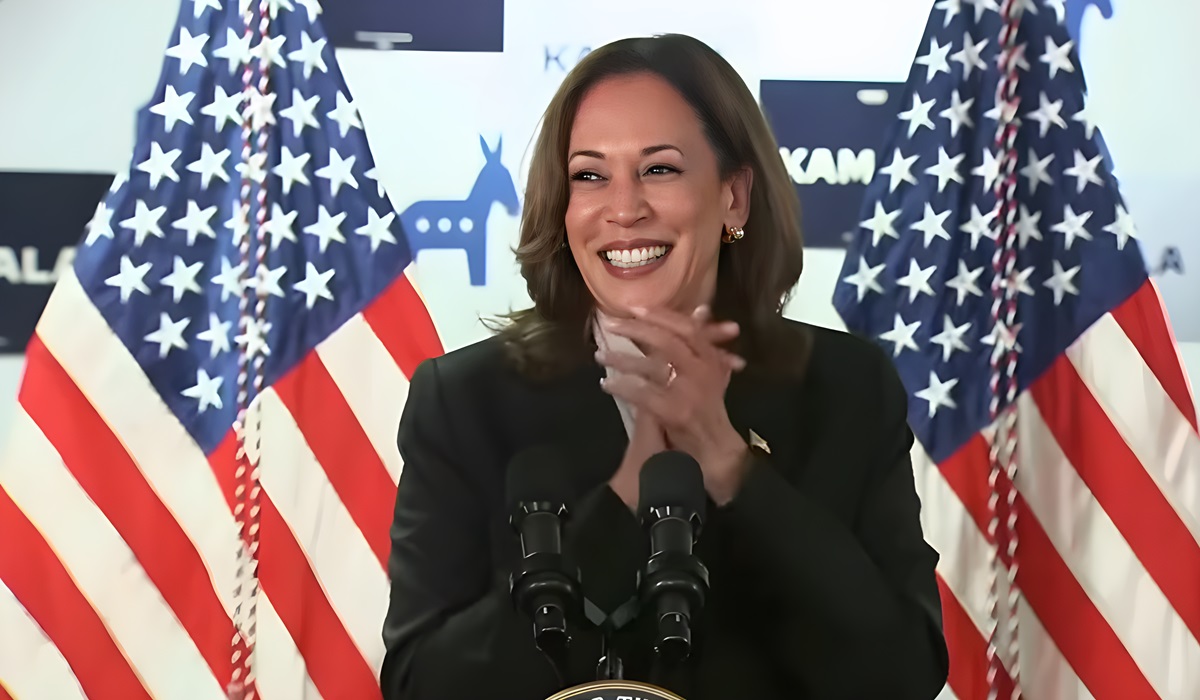2024 Early Election Whispers Echo Through Parliament Hill’s Corridors
- TDS News
- Breaking News
- Canada
- September 15, 2023
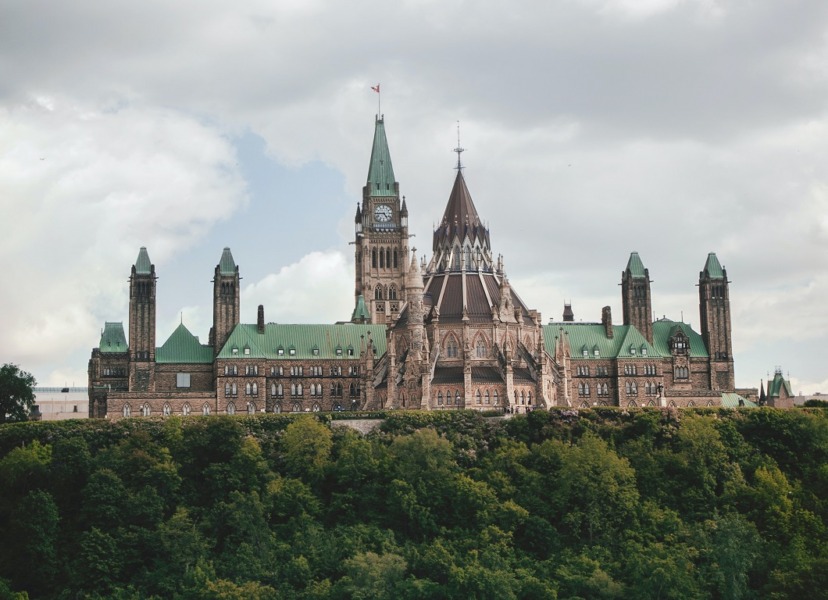
A series of intricate chess moves is underway in the corridors of power on Parliament Hill, hinting at the possibility of an early election in Canada. While there have been no definitive remarks regarding this, the political landscape is undeniably shifting, leaving many Canadians speculating about the inevitability of a 2024 fall election.
The recent conservative party convention bore the hallmarks of an election-style rally, marked by massive advertising spending to raise the party leader Pierre Poilievre’s profile and reshape public perception. This strategic move seeks to address the challenge of leadership perception among Canadians who have reservations about their current leader.
The recent cabinet shuffle by Prime Minister Trudeau and the early announcement of his separation from his wife are viewed as strategic moves that could potentially prevent a significant distraction during a potential election year. By addressing this personal matter early on, they have effectively removed a potential obstacle from the political landscape. These actions are akin to calculated moves on the Canadian political chessboard. Similarly, other major political parties have also begun unveiling policies that hint at a forthcoming reset, with a shared emphasis on the urgent issue of housing. Both the Progressive Conservatives (PCs) and Liberals recognize the imperative need for municipal governments to streamline bureaucracy and expedite housing construction, aligning with the long-standing demands of the public.
The New Democratic Party (NDP), however, has been relatively silent about its plans. While they have an agreement to maintain the current government until the 2025 mandate, history has shown that coalition governments are often short-lived. The NDP leader will likely lead the party into the next election unless an unforeseen catastrophe occurs. Due to COVID, he never faced a formal leadership review in the absence of a convention, meaning this is presumably his swan song, barring a remarkable turn of fortune at the polls.
With their key policy goals, such as dental care and improved services for Canadians, primarily implemented, the NDP may find it challenging to justify their continued support for the government. Yet, triggering an early election might not benefit any coalition partners.
Canadians are well aware of the short lifespans of coalition governments and may not be eager to return to the polls, especially with provincial elections on the horizon. Furthermore, conflicting polling data adds to the uncertainty, with some polls showing conservatives in the lead and others favouring the Liberals.
For all parties involved, an early election could be detrimental. The Liberals maintain strongholds across the country, the Bloc Québécois holds its sway in Quebec, and the NDP faces significant challenges in Prairie Provinces, Quebec, and Ontario. Additionally, the Conservative Party is just beginning a multi-million-dollar campaign to reshape its leader’s image, a move that may raise questions about their candidate’s suitability.
As for Prime Minister Trudeau, while he enjoys favourable poll numbers, he has faced criticism for his leadership style and missteps. Even if his party secures another victory, forming another minority government would almost certainly lead to a party review, raising doubts about his long-term prospects as prime minister.
Amid parties jostling for position two years ahead of schedule, the mood in Ottawa suggests that an election may be imminent, possibly as early as the fall of 2024. While the future remains uncertain, one thing is clear: the chessboard of Canadian politics is set for an intriguing match, with each move potentially reshaping the nation’s political landscape.

